Kinhtedothi - The State Bank has not yet licensed any foreign exchange trading floors. If people trade on these floors, there will be consequences of being scammed.
On the morning of November 11, questioning the Governor of the State Bank on a group of issues in the banking sector, National Assembly deputies were interested in handling bad debt, solutions to control the risk of bubbles in the real estate sector; solutions to stabilize the foreign exchange market...
No trading floor is licensed to trade foreign exchange.
During the questioning, National Assembly deputies requested the Governor of the State Bank to inform them about the current situation of foreign exchange management; measures to manage and handle illegal foreign exchange trading activities (especially through online transactions); solutions to stabilize the foreign exchange market, especially regarding exchange rates. At the same time, they also pointed out solutions to continue reducing interest rates so that businesses and people can easily access credit sources.
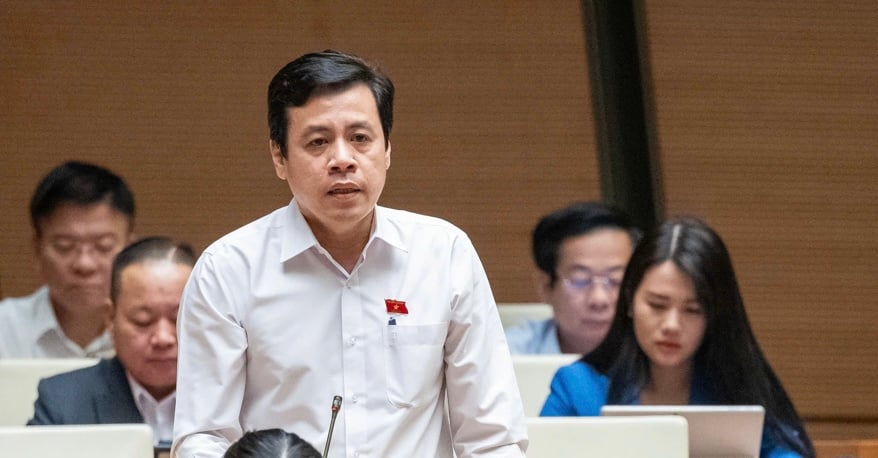
Responding to these contents, State Bank Governor Nguyen Thi Hong said that the currency market is complicated and volatile, the USD is also fluctuating at a high level, strongly affecting the domestic foreign exchange market.
Stabilizing this market is very difficult, because it depends on the real supply and demand of foreign currency. The State Bank's viewpoint also adheres to the statutory target, which is to contribute to controlling inflation, which will contribute to stabilizing the Vietnamese Dong. The management of exchange rates and foreign currencies is also in line with the current flexible developments of the market, allowing fluctuations within a range of plus or minus 5%.
In case of large fluctuations in exchange rates, the State Bank will promptly intervene to sell foreign currency to meet people's import needs. In addition, the State Bank also focuses on communication work so that businesses and people can clearly understand the policy orientation.
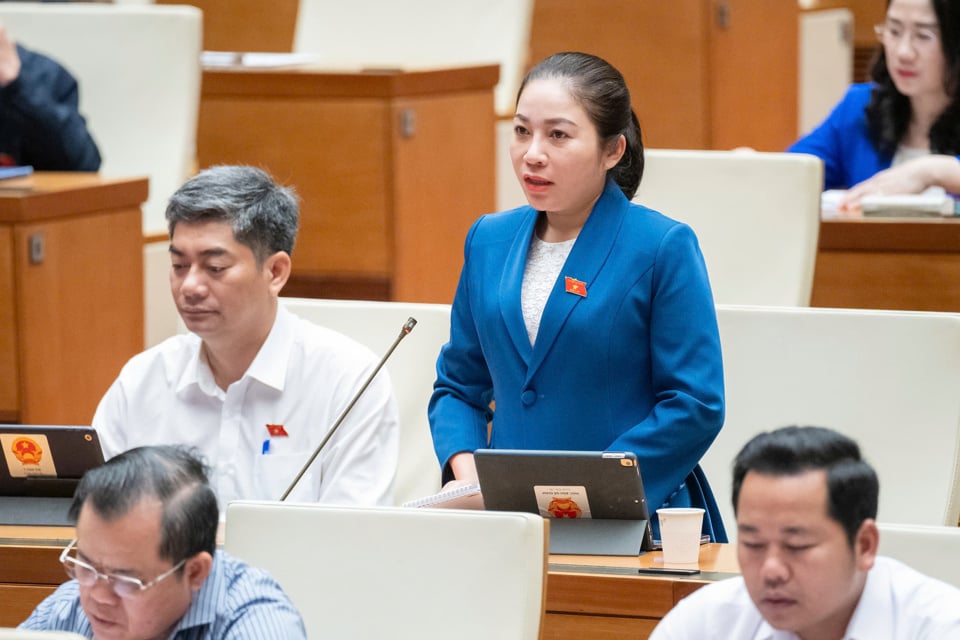
Regarding the issue of cyber fraud in foreign exchange transactions, the Governor of the State Bank said: According to current regulations on foreign exchange management in Vietnam, only credit institutions are licensed to trade foreign exchange, especially foreign exchange trading in the international market. When businesses and people have transactions requiring foreign currency, they will transact with credit institutions. Other organizations and individuals are not allowed to trade foreign exchange.
"The State Bank has not yet licensed any trading floor on this issue. If people trade on these floors, there will be consequences of being scammed," said Governor Nguyen Thi Hong.
Therefore, management agencies also need to coordinate to control and increase detection of unlicensed exchanges to take action.

Regarding the interest rate reduction according to the National Assembly deputies' opinions, Governor Nguyen Thi Hong said that recently, the State Bank had to balance and implement the target of reducing interest rates to support businesses and people. However, if interest rates are reduced too much, it will increase the exchange rate, which can create insecurity for foreign investors if the exchange rate is unstable.
Dealing with the risk of bubbles in the real estate and financial markets?
Participating in the questioning session, National Assembly delegate Huynh Thi Phuc (National Assembly delegation of Ba Ria - Vung Tau province) asked the Governor of the State Bank to inform him that, with the policies to increase stimulus, what solutions does the State Bank have to control the increase in risks in the system from short-term economic growth stimulus measures and solutions to handle the problems of bubble risks in the real estate sector and financial markets?
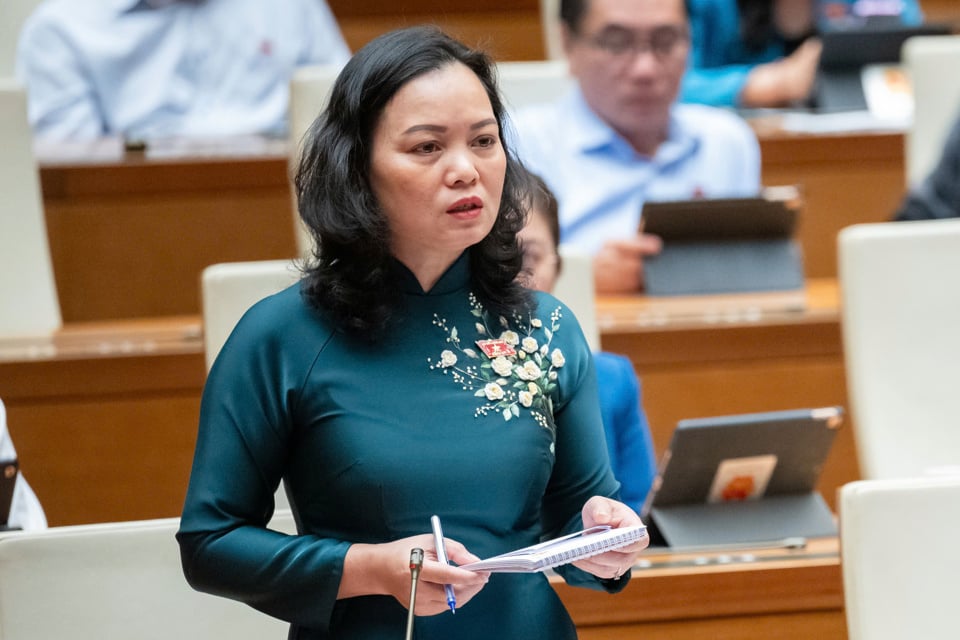
In response to this question, the Governor of the State Bank said that which sectors credit institutions provide credit to and at what rate, depends entirely on the decision of the credit institutions, depending on the capital they mobilize. Up to 80% of deposits in Vietnam are short-term, so the ability to continue lending in the real estate market also needs to ensure the principle of allowing people to withdraw money; the State Bank does not have regulations prohibiting real estate lending.
Raising questions related to bad debt, National Assembly delegate Tran Hong Nguyen (National Assembly delegation of Binh Thuan province) asked the Governor of the State Bank to assess the current situation of bad debt in our country and solutions to solve this problem.
State Bank Governor Nguyen Thi Hong said that recently, the bad debt situation has tended to increase. According to data from the State Bank, as of the end of September 2024, the bad debt ratio on the balance sheet was at 4.55% - almost equal to the end of 2023, an increase compared to 2022. This is a reality due to the impact of the Covid - 19 pandemic, which has seriously affected all aspects of life and society. Businesses and people are facing difficulties, and reduced income leads to more difficult debt repayment.

To control bad debt, the State Bank also proposed a number of solutions. Accordingly, for credit institutions, when lending, it is necessary to carefully assess and evaluate the debt repayment ability of borrowers, ensuring control of newly arising bad debt. As for existing bad debt, it is necessary to actively handle bad debt through urging customers to repay debt, debt collection, and auctioning of bad debt assets. The State Bank also has a legal framework for debt trading companies to participate in handling bad debt.
In the case of high bad debt, the State Bank will implement synchronous measures to remove difficulties, both reducing the lending interest rate level and directing credit institutions to strive to reduce operating costs to continue reducing lending interest rates for businesses and people. During the difficult economic period, the system of credit institutions has devoted its financial resources to reduce many interest rates for customers.
Source: https://kinhtedothi.vn/nguoi-dan-giao-dich-tai-cac-san-kinh-doanh-ngoai-hoi-co-nguy-co-bi-lua.html










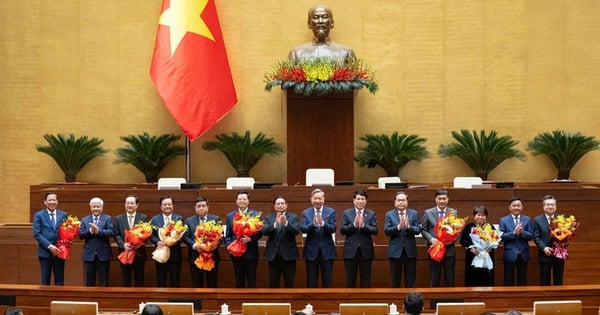





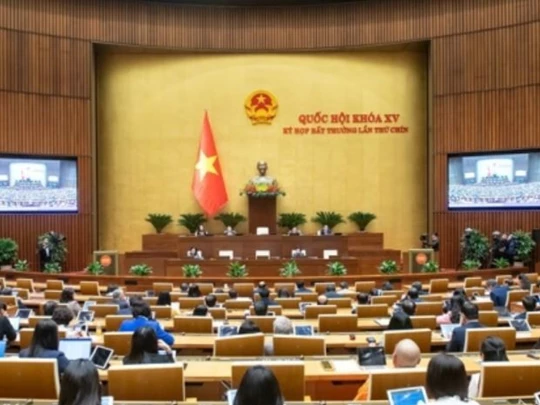








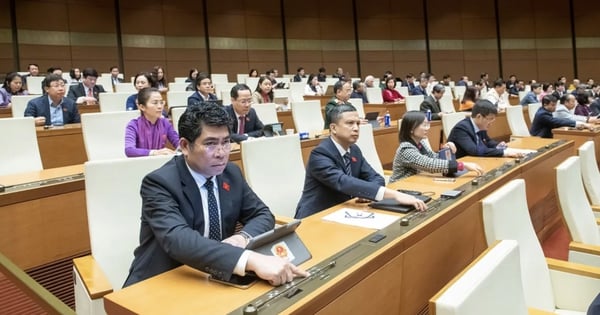




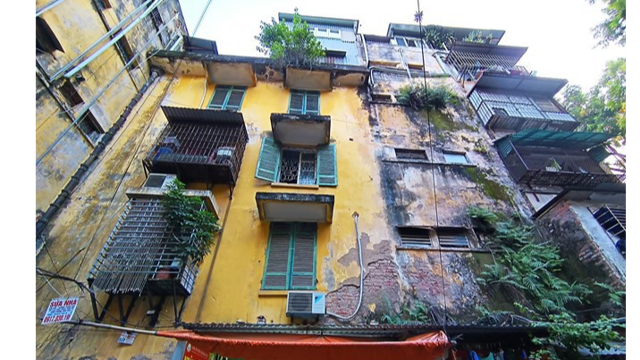


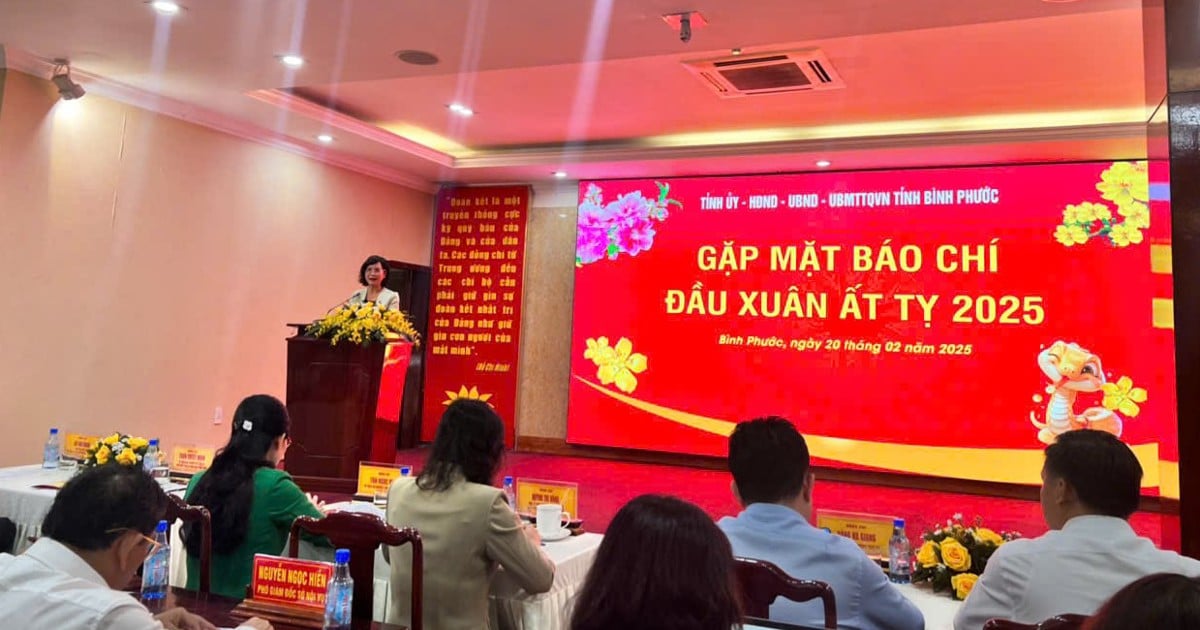





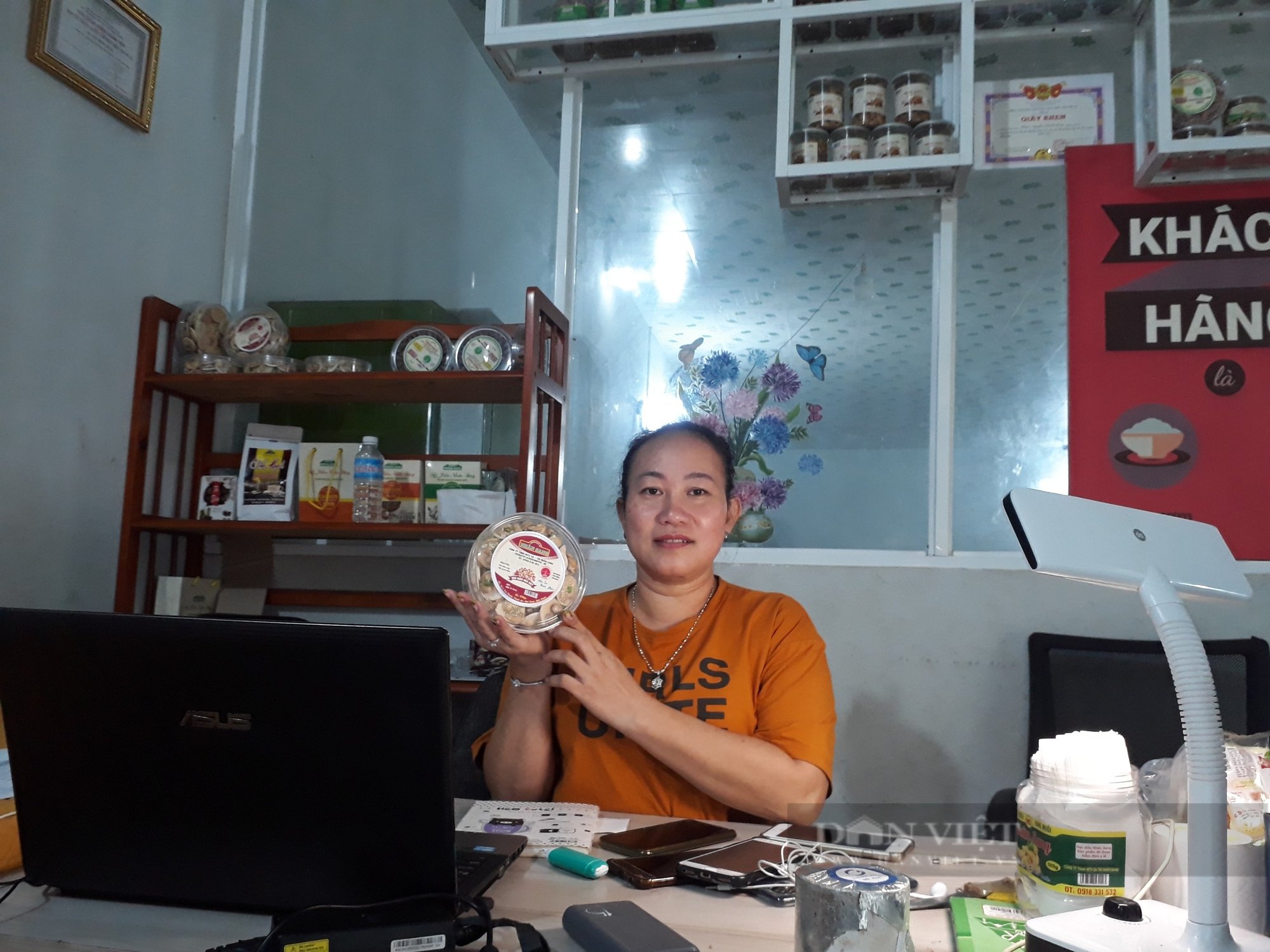



Comment (0)